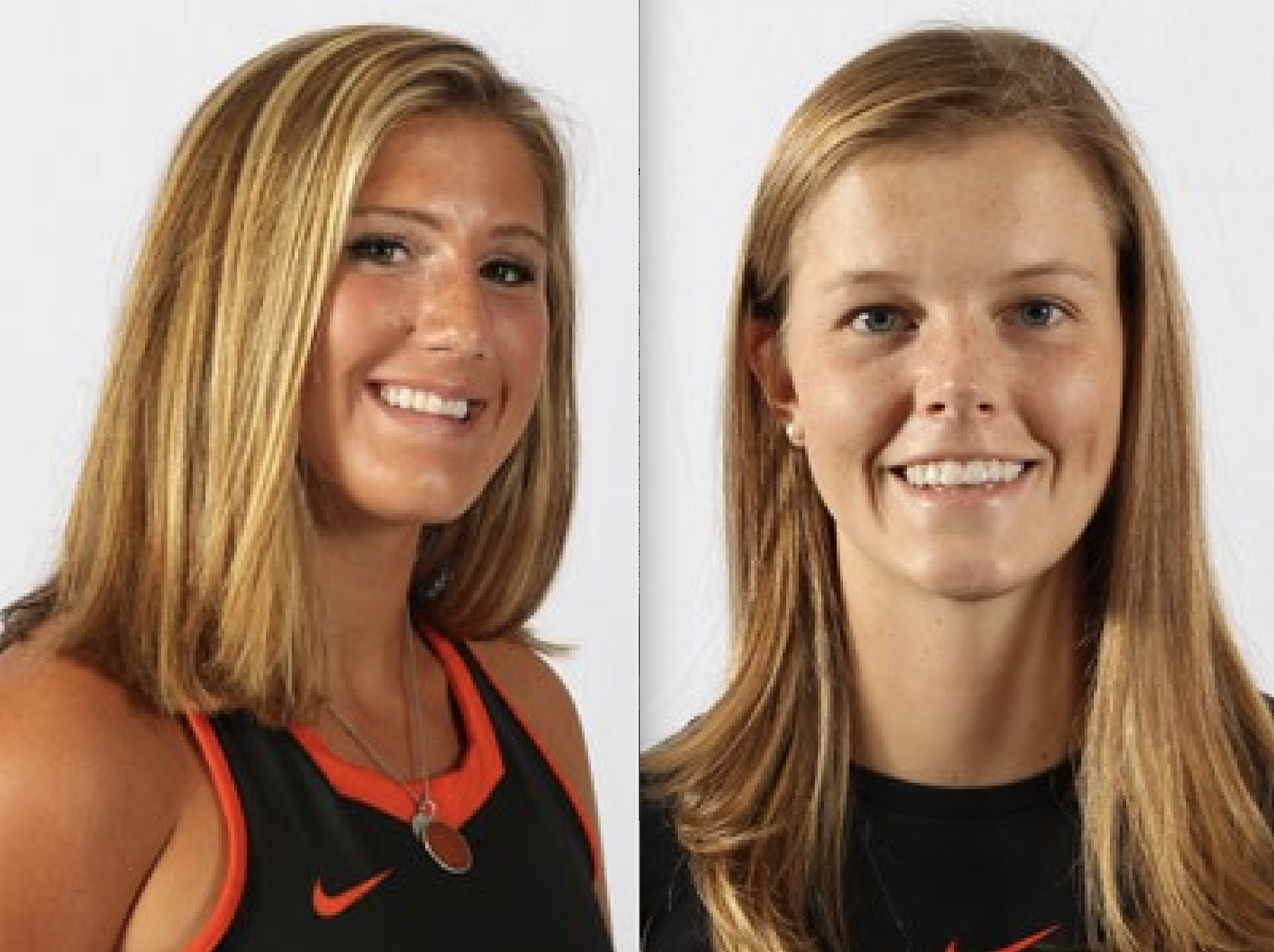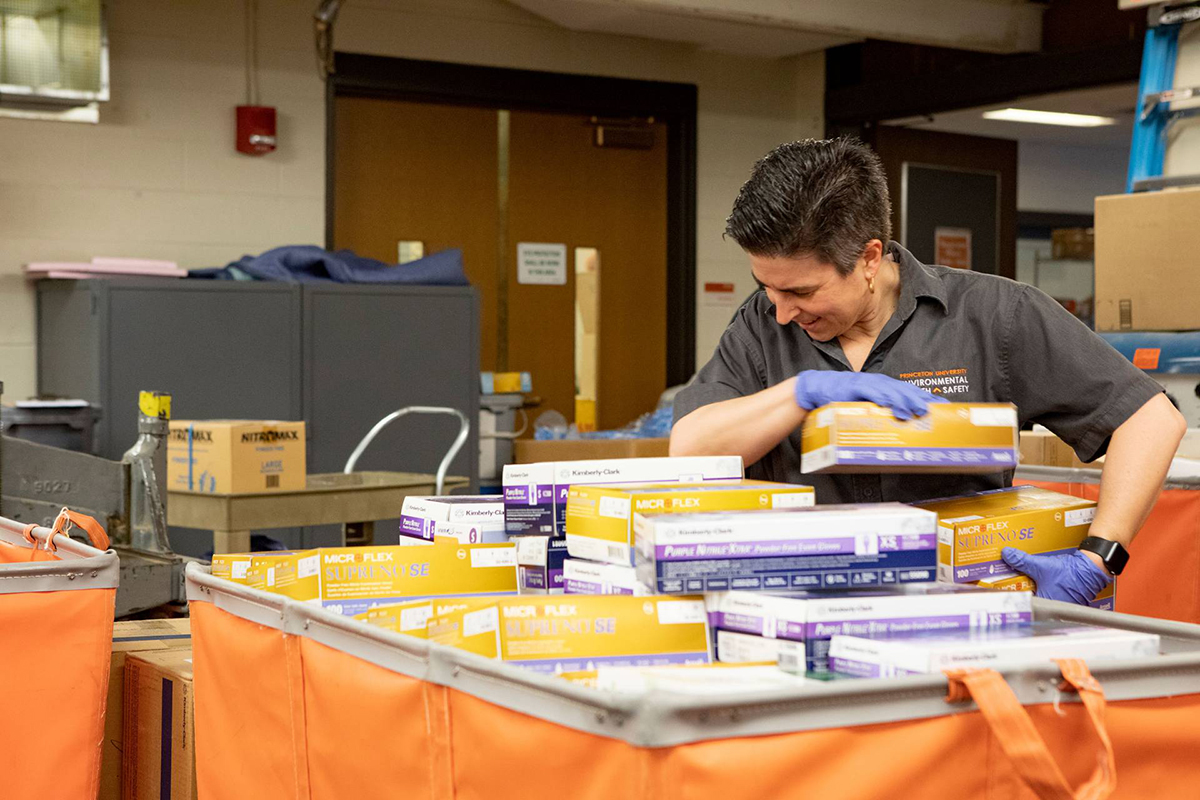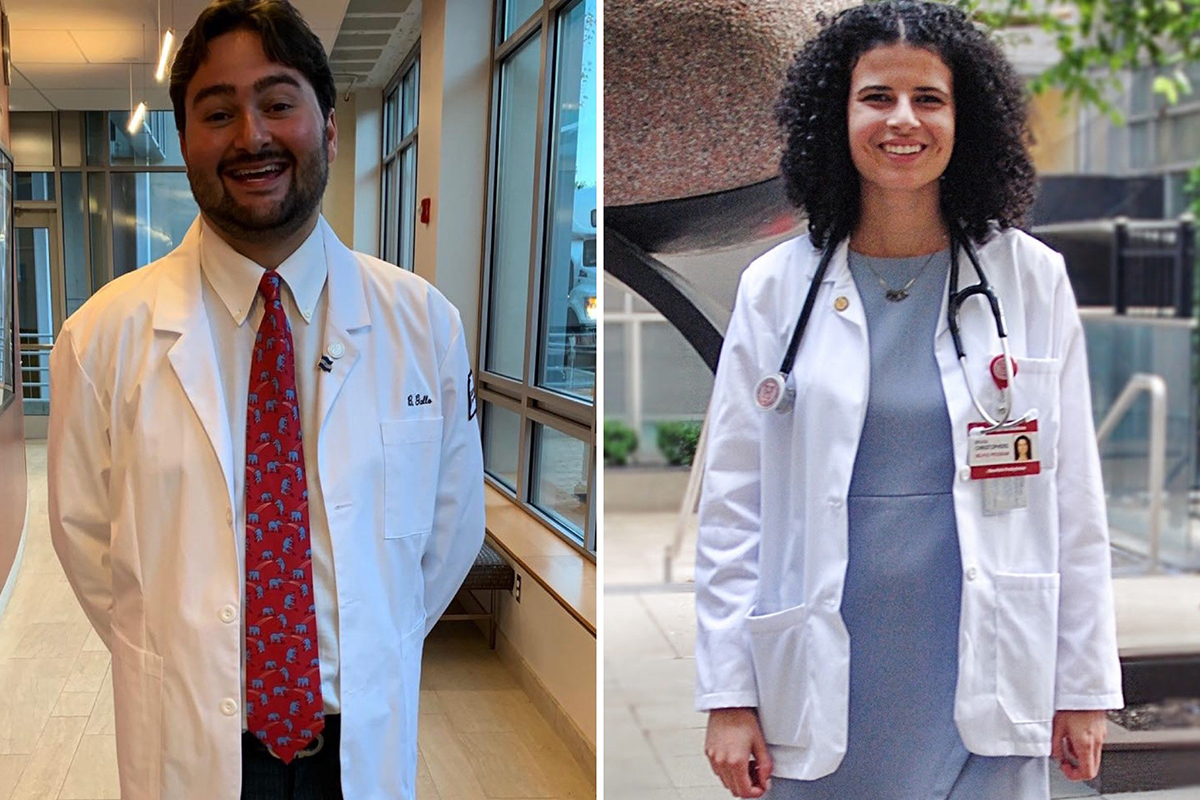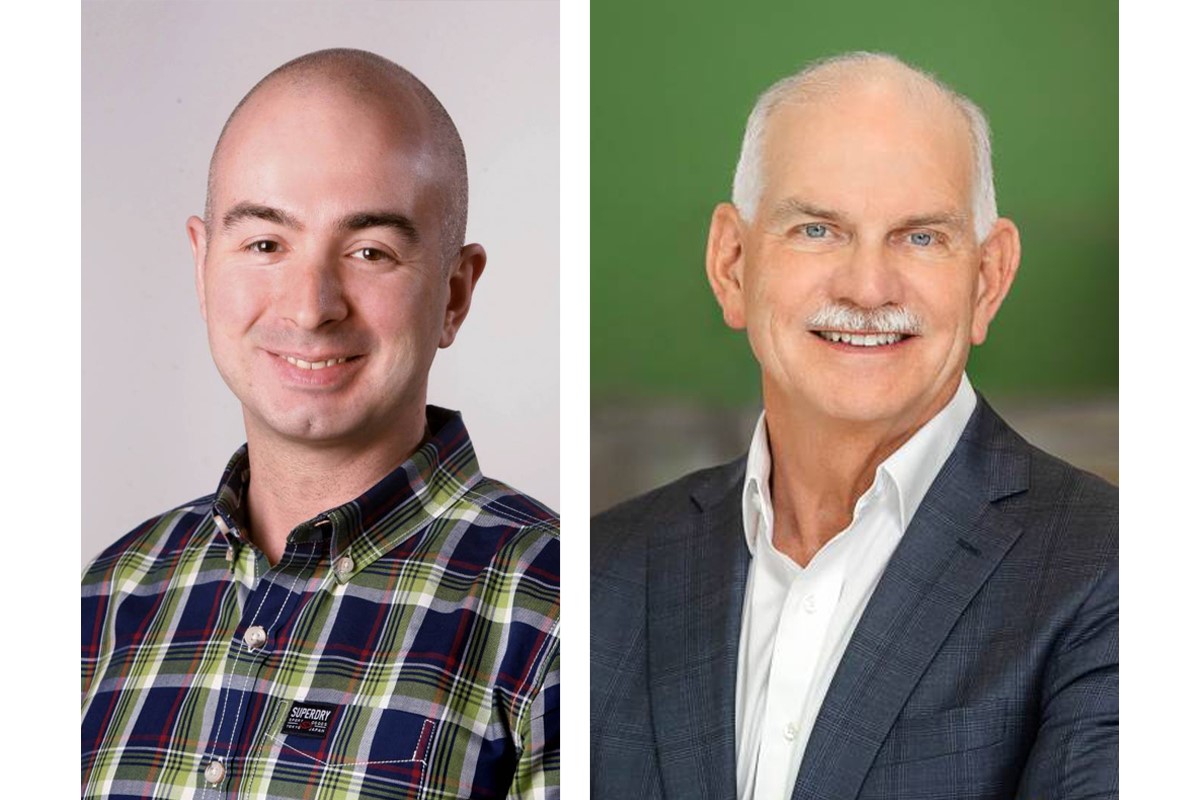
For any athlete, social-distancing precautions have interrupted workout routines during the COVID-19 crisis. Not only are team-sports athletes limited in the drills they can practice on their own, but even individual strength and fitness sessions are more difficult, due to reduced access to gyms and playing fields. This is especially true for Special Olympics athletes who rely more on structured physical activity.
“Special Olympics athletes are considered as high risk for respiratory illnesses, so Special Olympics worldwide shut down sport activity due to COVID-19,” said Sue Perles ’75, a former Princeton field hockey player and the CEO of Special Olympics Alaska. “We needed video content to keep our athletes busy, occupied and engaged when they’re at home.”
Perles is a mentor to the Princeton field hockey team, which reached the NCAA championship game last fall, so she put in a request to head coach Carla Tagliente: Would one or more of the players be willing to create a fitness video for Special Olympics athletes?
Two Tigers immediately volunteered: MaryKate Neff ’21 and Grace Brightbill ’21.
“I’ve always been passionate about fitness,” said Neff. “I ended up calling Sue. We talked about our undergraduate experiences, and at the end of the chat, I basically said, ‘I would love to help you out.’”
Brightbill, who’s known Neff since the two were high school sophomores, was equally enthusiastic. Together — Brightbill at home in Northern Virginia, Neff in the Philadelphia suburbs — they etched out a gameplan for the video based on their own exercise regimens and split up the workout demonstration duties.
“MaryKate is the resident yoga teacher on our team, so that definitely guided our format for the video,” Brightbill said. “We decided to keep it pretty simple and included four segments with a little bit of cardio in between. So we stretched, then did a legs workout, then arms and abs, and finally yoga to cool down.”
The 13-minute video, titled “Staying Fit at Home,” is straightforward and useful to anyone who is looking for some DIY fitness guidance. But the student-athletes did their homework to tailor the workout specifically for Special Olympics athletes.
“I really wanted to do this well, so we put a lot of effort into thinking about which exercises would translate,” Neff said. “I looked online for possible examples and videos that could give me more insight, but what I found was that there really weren’t many at-home workouts for Special Olympics athletes. That made me even more passionate about what we were doing, because I recognized that the video could have an immediate impact.”
The video posted on Special Olympics Alaska’s Facebook page in April and has been viewed hundreds of times. Perles was thrilled with the result and proud of her sister Tigers.
“Our Special Olympics athletes respond very well to content that is geared to them,” Perles said. “That was one of the nice things that that these two field hockey players did. This was not just a general fitness video; this was special for Special Olympics athletes, and our athletes got that.”




